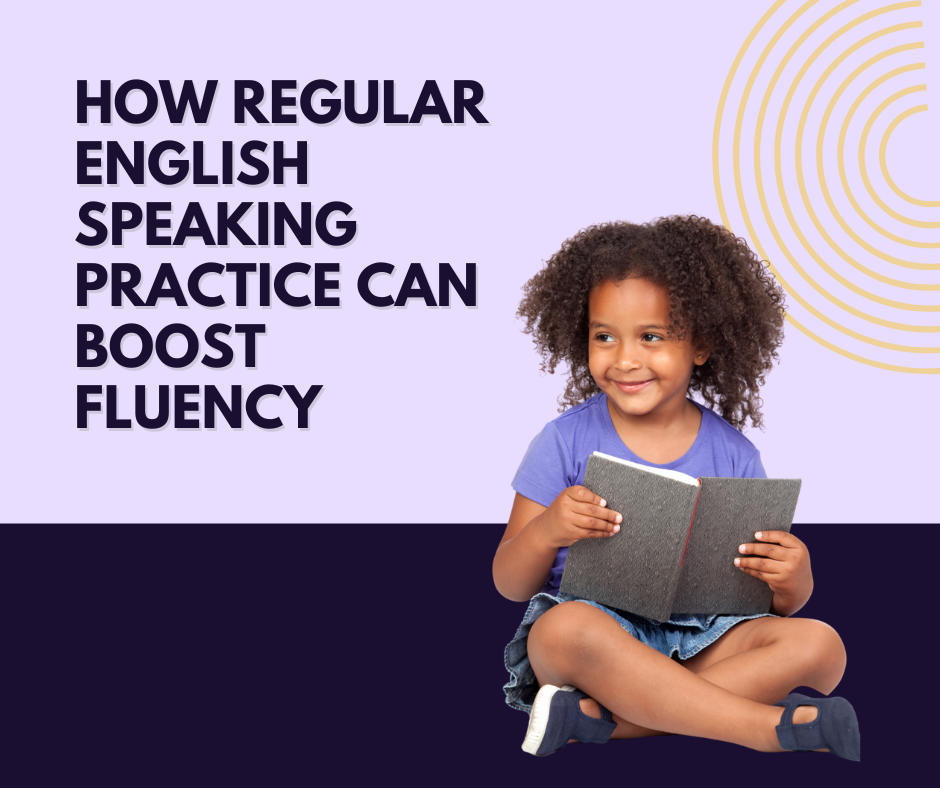For a long time, I searched for ways to improve my English. I watched countless videos, saved grammar notes, followed vocabulary pages, and tried multiple English learning apps. Yet, when it came to speaking, I still hesitated. I knew the words, but my confidence disappeared the moment I had to talk.
What finally worked wasn’t a shortcut—it was consistent, practical speaking. Using the EngVarta App helped me apply English in real conversations with real people. Over time, these repeatable steps changed how I used English in daily life. In this blog, I’m sharing the top 5 steps that genuinely helped me improve my English, especially my speaking confidence. If you’ve ever wondered how to improve my English speaking without feeling overwhelmed, this guide is for you.
Step 1: I Stopped Treating English as a Subject
This was the most important shift.
For years, English felt like something to study—rules, corrections, marks, and mistakes. Once I stopped treating English as a school subject and started treating it as a communication skill, everything changed.
What I consciously changed
- I stopped aiming for “perfect” sentences
- I focused on expressing ideas clearly
- I allowed myself to make mistakes while speaking
This reduced pressure instantly. English became something I used, not something I was tested on.
Why this step matters
Languages are learned through use. No one waits to master grammar before speaking their first language. The same logic applies when trying to improve English as an adult. To improve my English, I first stopped treating it like a subject and started using it as a communication tool.
Step 2: I Made Speaking a Daily Habit (Even When It Felt Awkward)
Comprehending English differs from communicating in English. I realized that reading and listening helped my comprehension, but only speaking built confidence.
At the beginning, it felt uncomfortable. I paused often. I repeated words. Sometimes my sentences broke midway. But I decided to speak anyway.
Daily speaking habits that worked for me
- Talking to myself while doing daily tasks
- Describing my day out loud in English
- Answering common questions in English, even when alone
- Repeating short, natural sentences from conversations
I didn’t aim for long speeches—just consistent speaking.
The real insight
Confidence doesn’t come from talent. It comes from repetition. This step helped me improve English speaking skills faster than any theory-based method.
Short answer:
Daily speaking—even for 10–15 minutes—is one of the fastest ways to improve English.
Step 3: I Focused on Improving Vocabulary Through Usage, Not Memorization
Earlier, I tried memorizing long word lists. I forgot most of them and rarely used the rest. That approach didn’t help me speak.
What finally worked was learning useful vocabulary in context.
How I changed my vocabulary strategy
- I learned phrases instead of single words
- I focused on words used in daily conversations
- I reused the same words in multiple situations
For example, instead of just learning “confident,” I practiced:
- “I feel more confident now.”
- “Confidence comes with practice.”
- “This helped me gain confidence.”
This helped me improve vocabulary that actually came out while speaking.
Short answer:
To improve vocabulary for speaking, learn words through real sentences and reuse them in daily conversations.
Step 4: I Practiced with Real Humans, Not Just Content
This step made the biggest difference.
Videos, podcasts, and AI tools helped my understanding—but they didn’t prepare me for real conversations. The turning point came when I started practicing English with real people.
Why real human practice matters
- You learn to respond in real time
- You stop overthinking grammar
- You get used to natural pauses
- You experience real conversation flow
This is where the EngVarta app helped me practically.
How EngVarta helped me improve my English
- I practiced speaking with real human experts, not bots
- Conversations felt natural, not scripted
- There was no judgment, only guidance
- Feedback focused on clarity and confidence
Because I spoke regularly with real people, English stopped feeling “special” or “scary.” It became normal.
Short answer:
The fastest way to improve English speaking is regular practice with real humans, not just lessons or videos.
Step 5: I Built Confidence Before Fluency
This was a mindset change that unlocked everything.
Earlier, I thought I needed to be fluent before speaking confidently. In reality, it worked the opposite way. Confidence came first, fluency followed.
What helped build confidence
- Speaking without apologizing for mistakes
- Accepting pauses as normal
- Focusing on clarity, not correctness
- Practicing in supportive environments
EngVarta supported this by offering a safe space to speak freely. That emotional comfort was just as important as language practice.
This step eventually helped me learn to speak English fluently—without pressure.
How Long Did It Take Me to Improve My English?
This is a common and honest question.
My experience
- Comfort started in 2–3 weeks
- Clear confidence in 1–2 months
- Ongoing improvement with consistency
There was no overnight transformation—but steady progress felt motivating.
Short answer:
With daily speaking practice, most learners start noticing English improvement within a few weeks.
Common Mistakes I Avoided While Improving My English
- Waiting for perfect grammar before speaking
- Memorizing answers
- Comparing myself with fluent speakers
- Switching learning methods too often
Instead, I focused on one goal: speak a little better every day.
Why This Approach Works Well for Indian Learners
In India, many learners:
- Studied English for years
- Understand grammar and vocabulary
- Lack real speaking exposure
Traditional education focuses on exams, not communication. That’s why conversation-focused methods—and platforms like EngVarta—work well. They solve the actual problem.
👉 Connect with EngVarta on Social Media
Instagram : 👉 https://www.instagram.com/engvarta.app/
Youtube : 👉 http://www.youtube.com/@EngVarta
Facebook : 👉 https://www.facebook.com/engvarta
LinkedIn : 👉 https://www.linkedin.com/company/engvarta
How EngVarta’s Real Human Expert Support Builds Trust
What made EngVarta different for me was not just the app—but the human element.
Real impact of expert-led practice
- Experts guided conversations naturally
- Corrections were subtle, not discouraging
- Speaking felt like interaction, not evaluation
This made learning feel real and sustainable. Trust builds when learners feel understood, not judged.
Start Your Communication Journey
👉 Improve your communication skills with daily 1-on-1 English practice on EngVarta App.
Who This Method Is Best For
This approach works well if you:
- Know English but hesitate to speak
- Feel nervous in meetings or interviews
- Want confidence, not just knowledge
- Prefer practical learning over theory
Final Thoughts
If your goal is to improve my English, remember this:
- Don’t wait to be perfect
- Speak first, improve while speaking
- Focus on habits, not hacks
English improves when it becomes part of your daily life.
An environment that supports real conversation, consistency, and emotional comfort—like what I experienced with EngVarta—makes that journey easier.
FAQs (Frequently Asked Questions)
|









